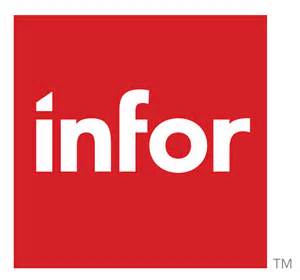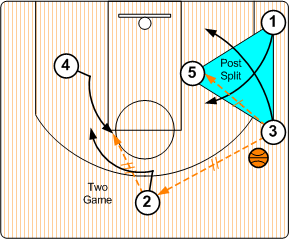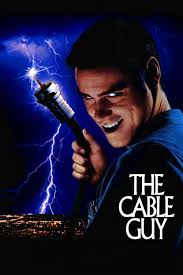Are you a buyer or seller of talent?
In sports, and I will contend, in most other industries as well, teams and organizations are either 'buyers' of talent, i.e, the best candidates and people leave other organizations to come there to work, or are 'sellers' of talent, i.e. they tend to lose their most talented people to other, better opportunities and organizations.
The problem for organizations however, is figuring out where they want to be on the spectrum of 'seller/buyer' of talent, vs. where the market (and the talent), perceive them to be on said spectrum. In other words, it can be pretty easy for team and organizational management to in accurately peg themselves as a buyer or acquirer of the best talent, when the talent no longer sees the organization as all that desirable.
And in big time sports like Major League baseball, NBA basketball, and international soccer/football at the highest levels we see this tension between desire, perception, and reality plays out often, as teams vie for the services of the best and most talented players.
Case in point, the potential transfer of one of European soccer's top players, Paul Pogba from the Italian club Juventus to the English club Manchester United. Juventus' management sees themselves as an acquirer of talent clearly, as evidenced by this quote from team manager Massimilliano Allegri on the Pogba situation, (courtesy of Business Insider).
"I am calm about the English rumours. Anyone who has the opportunity to leave Juventus has to consider things very carefully, because right now Juve are among the top four European clubs.
"This is not a selling club that just lets its players go. Pogba belongs to Juve and at the end of the day he too will want to win another Scudetto (Italian league championship) and hopefully the Champions League.
"We have grown in terms of appeal and awareness of our own capabilities. So far our market this summer has been eight out of 10, bringing in players of international pedigree like Medhi Benatia, Dani Alves, and Miralem Pjanic."
Tease that out a little bit and we can see clearly that Juventus see themselves as a talent acquirer - they think Pogba would be better off remaining with Juventus instead of leaving for Manchester United, and additionally, they are 8 out of 10 in acquiring top-level players against competing clubs.
Meanwhile, Man United, long considered a buyer or acquirer of talent themselves, but who have dropped a bit lately due to some disappointing results, see the potential Pogba signing as one that cements and solidifies their reputation as a desirable location and organization for the very top tier of soccer talent to ply their trade.
Where Pogba ends up deciding where to play his soccer is a decision that will validate the ambitions and self-perception of one of these two organizations, and cast some doubts on the other. Both teams see themselves as 'the' destination for talent of Pogba's level. It will be interesting to see how this plays out.
Why does this matter to you and your organization?
Because it serves as a reminder of two important points. One, it is important to understand that no matter how you perceive your organization's desirability as a place to work, your self-perception needs to align with market reality in order to better inform and shape your talent strategy.
And two, at the end of the day, your organization's perception and position as a talent buyer or seller is a decision that the talent makes, not you. No amount of branding, or history, or posturing, or past glory will make up for the best talent deciding a competing organization over yours.
It's good to know where you stand in the pecking order, and it is better to know how and why the most talented people decide to put you there.
Have a great week!

 Steve
Steve


